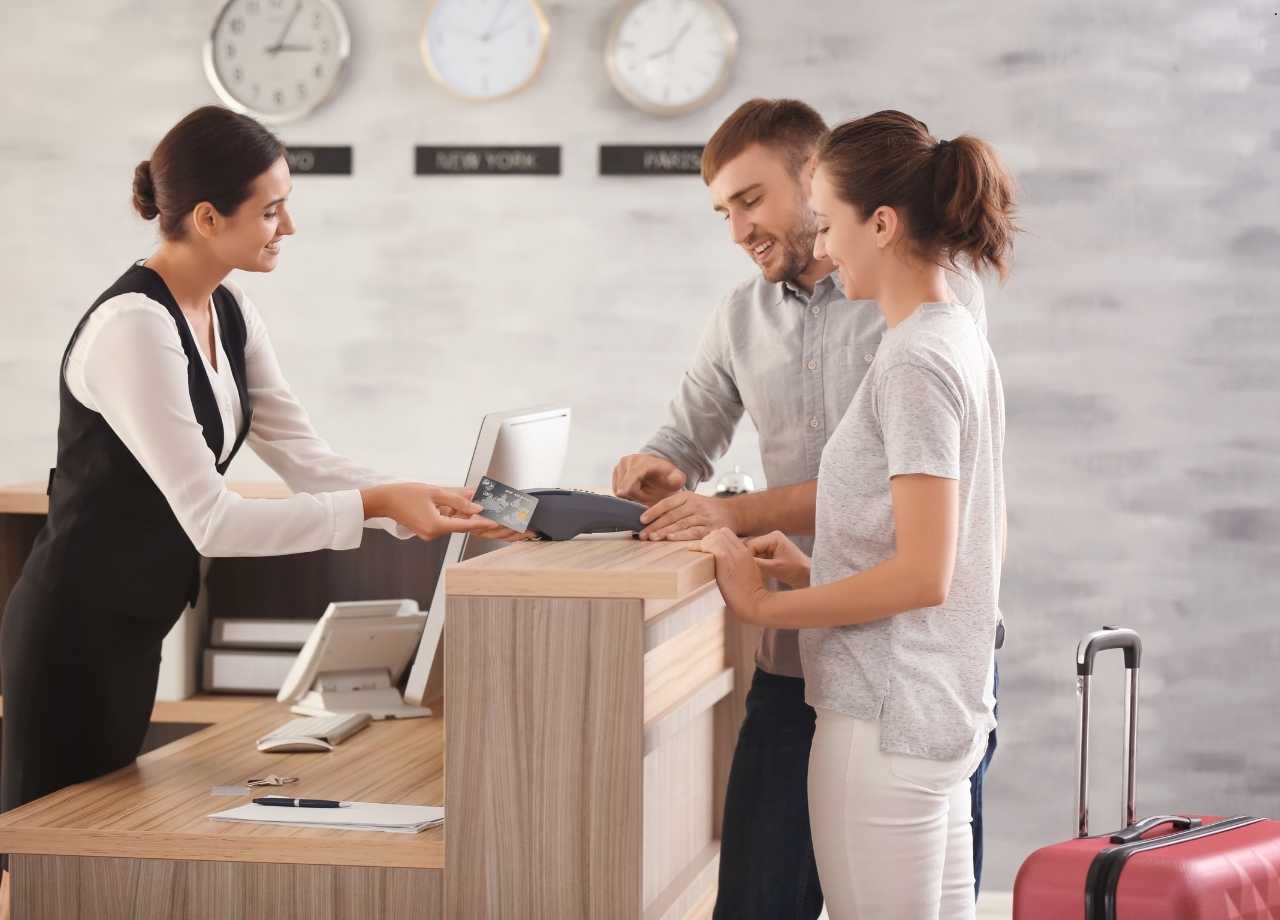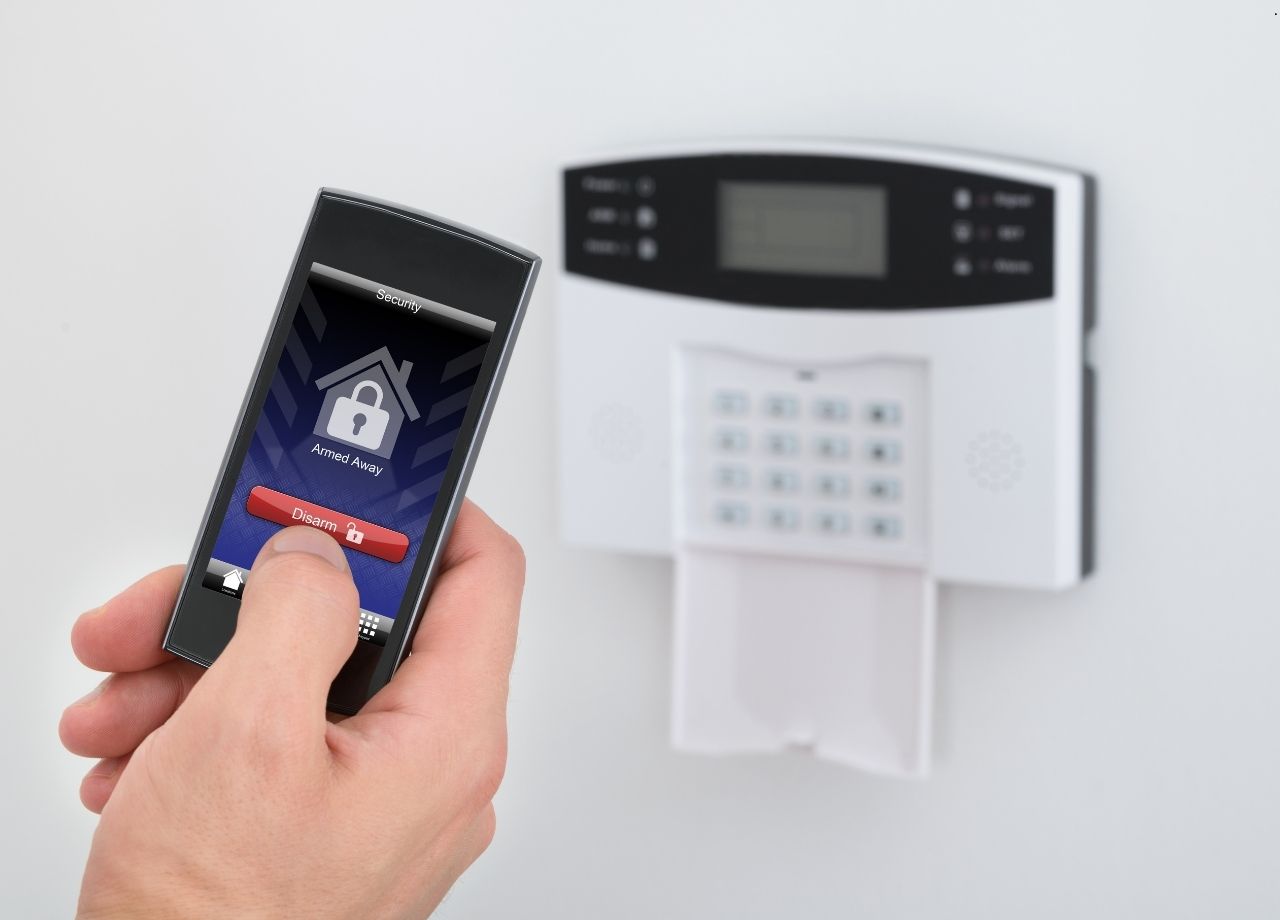Make Security Your Competitive Edge
Autohost's verification platform integrates seamlessly with your hospitality solution, reducing fraud by 90% while creating new monetization opportunities.
















Products
Approach any identity verification challenge confidently
ID Verification
Verify guest identities with powerful document analysis, liveness detection, and fraud detection to ensure security and regulatory compliance.
Screening AI
Leverage advanced artificial intelligence to analyze reservations, detect fraud patterns, and make informed decisions with customizable risk assessment.
Background Checks
Verify guest identities and assess potential risks with comprehensive background screening solutions for property managers worldwide.
Credit History
Assess financial reliability and verify guest identities with comprehensive credit history reports powered by Equifax integration.
Fraud Detection
Protect your business from online fraud with advanced telemetry analysis, risk scoring, and real-time threat intelligence.
Social Verification
Enhance trust and security by validating guest information against popular social media platforms and apps.
Sex Offenders
Enhance your guest screening with comprehensive sex offender registry searches to protect your properties, guests, and community.
Adverse Media
Proactively safeguard your business by scanning news sources and search engines for mentions of high-risk guest behaviors.
Global Watchlist
Screen against global sanctions, PEP (Politically Exposed Persons), and law enforcement watchlists.
User Verification
Comprehensive identity verification and fraud prevention solutions that combine multiple verification methods to protect your business and ensure guest trust.
Liveness Detection
Enhance your identity verification with advanced biometric analysis that confirms users are physically present and compares their face against IDs and watchlists.
Network Effect
Leverage Shared Intelligence from Millions of Screenings to Proactively Stop High-Risk Guests.
Payment Verification
Analyze payment events and cardholder details to detect fraud patterns, reduce chargebacks, and enhance guest screening.
Data Feeds
Power your platform with direct API access to Autohost's curated risk, compliance, and identity databases.




Industries
Get a turnkey identity verification solution for your business
Let the numbers do the talking: get 220% ROI
PMS companies and technology providers that embed Autohost's verification SDK unlock new revenue streams while delivering enhanced security to their customers. Our white-label verification technology integrates in as little as half a day, providing immediate value.
Get started0
Guests screened
0
Total of bookings value protected
0
Cases of fraud detected
0
Verification completion rate
Integrations
Maximize pass rates with the right integration
SDK
Fastest integration with pre-built, customizable UI components. Ideal for embedding directly into your web app.
View docsimport { useAutohostSDK } from "./useAutohostSDK";
export function IDVerification({ reservationId }) {
// Init the SDK client
const { client } = useAutohostSDK({ reservationId });
React.useEffect(() => {
if (client && reservationId) {
// Mount the ID Verification component
client.component("IDV").mount("#id1");
}
}, [client]);
return <div id="id1"></div>;
}Partner Success Stories

Enso Connect
Enso Connect is a a dynamic guest experience platform that leverages AI and custom automations to streamline, personalize and monetize guest interactions.
2021 year founded
11-50 employees
With Autohost since 2022
Locale
Locale combines the best of a hotel with the best of a vacation rental to deliver an experience tailored to the needs of the modern traveler.
2016 year founded
11-50 employees
With Autohost since 2021

Jetstream
Jetstream is a property management company that helps investors and asset owners maximize the value of their real estate investments.
2015 year founded
250+ employees
With Autohost since 2021

Jurny
Jurny offers a one-stop solution to elevate your vacation rental property management. The tools and services you need all-in-one place.
2015 year founded
50+ employees
With Autohost since 2021
Roami
Roami is a property management company that operates short-term rentals in high-demand markets, including South Florida and New Orleans.
2014 year founded
51-200 employees employees
With Autohost since 2023

Hoste
Hoste is a leading property management company operating in Arizona and Colorado, focused on delivering exceptional guest experiences while ensuring property security.
2017 year founded
11-50 employees
With Autohost since 2021
Full security & compliance
When it comes to the highest security standards, you can rely on Autohost. We are committed to protecting privacy and data.

Ready to Embed Market-Leading Guest Verification?
Partner with Autohost to enhance your platform's security, create new revenue streams, and deliver exceptional value to your customers.
Get StartedLatest Insights for Hospitality Tech Leaders

Seven Simple Personalized Hotel Touches to Elevate the Guest Experience
Hoteliers spend millions on branding, décor, and marketing, but the smallest personal touches often have the biggest impact on a guest’s stay. The industry talks a lot about “experience,” but [...]
Read more →
Hotel Lock System Software: How to Choose the Right Solution
The wrong hotel lock system can cause more headaches than it solves. Guests getting locked out, staff struggling with access permissions, and security breaches can all disrupt operations and damage [...]
Read more →
Property Management Proposal Template: What to Include for Success
A property management proposal isn’t just a document—it’s your pitch to convince an owner that you’re the best choice to handle their investment. Too many managers make the mistake of [...]
Read more →
